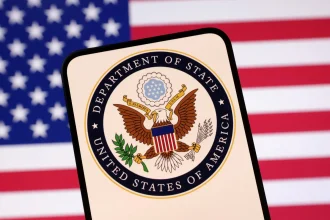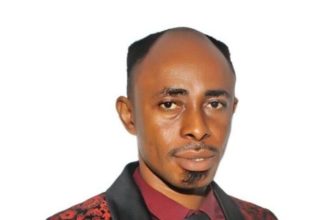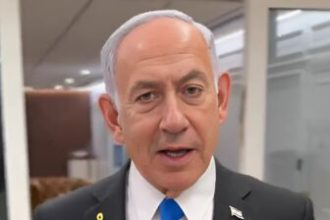Minister of Works, David Umahi, has described the Lagos-Calabar coastal highway as a legacy project, responding to critics, including former President Olusegun Obasanjo, who had raised concerns about the project’s viability.
Speaking in Akure, the capital of Ondo State, during a stakeholders meeting on Thursday, Umahi defended the project, asserting that it was being criticized out of envy for the significant legacies being built under President Bola Ahmed Tinubu’s administration.
“The people criticizing the project are probably envious because of the huge legacies President Tinubu is building. Many of them had opportunities to undertake similar work in the past but failed to do so,” Umahi stated. “When the road is completed, I would ask the critics not to use it.”
The minister emphasized that the critics, particularly former leaders, had not done enough to implement such transformative projects during their tenures, and he warned that they should not benefit from the completed road.
Responding to the critics’ claims, Umahi said, “The man by his age deserves our respect, but it’s my duty as the Minister of Works to explain that the project is not wasteful and the project is not corrupt.”
He also addressed the concern that the contractor should be the one explaining the project, saying, “I read on social media where they said, ‘Why is it me that’s explaining and why is the contractor not explaining?’ What should the contractor say? It is my duty to explain, and I’m eminently qualified by reason of my years in public service and training as a Fellow of Nigerian Society of Engineers to explain the project.”
Umahi noted that the Lagos-Calabar Coastal Highway is one of President Tinubu’s four major legacy projects. He further mentioned that section one of the highway is about 70% complete within just one year, and he urged critics to refrain from using the road once completed if they continue to oppose it.
“This is not a wasteful project and it is not fraudulent. If someone is saying it’s a fraud, that person is also saying that I am a fraud, and I am definitely not,” Umahi emphasized. “This project has been very transparent, and that is why we continue to engage the stakeholders. Every step of the process has been very transparent, and every detail is in the public domain.”






